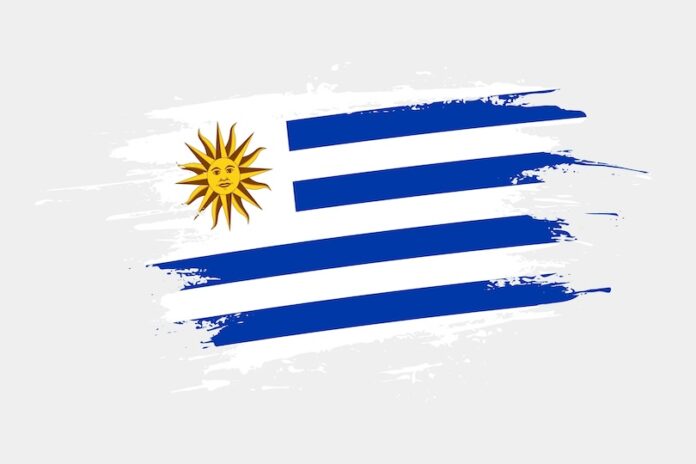General elections are scheduled to take place in Uruguay on 27 October. Amid the turbulent landscape of South American politics, Uruguay stands out as a bastion of stability and progressive ideals. However, the country still faces multiple challenges. Three main presidential candidates are vying to succeed President Luis Lacalle Pou (2020-present): Yamandú Orsi (Broad Front or Frente Amplio), Álvaro Delgado (National Party or Partido Nacional), and Andrés Ojeda (Colorado Party or Partido Colorado). Current polls indicate that Orsi leads with over 40% of the vote, followed by Delgado with around 20%. If no candidate secures over 50% in the first round, a run-off between the top two candidates will be held on 24 November.
Although all three candidates are male, both Orsi and Delgado have female running mates: Carolina Cosse, an engineer, and Valeria Ripoll, a unionist, respectively. Criticisms of the current administration, particularly regarding security issues, water crises, and corruption scandals, have impacted voter preferences. Uruguayans will also cast their votes for senators, deputies, and two referenda relating to public security and social security concerns.
Uruguay, known for its political and socio-economic stability since the end of the last military junta in 1985, has faced recent challenges like economic slowdown, poverty rates, and crime waves. The upcoming elections will determine the country’s direction on these pressing issues, including combating drug smuggling and reforming its security sector. The next president will also need to make decisions on defense acquisitions, foreign policy towards Venezuela, and fostering international cooperation to address rising crime rates.




